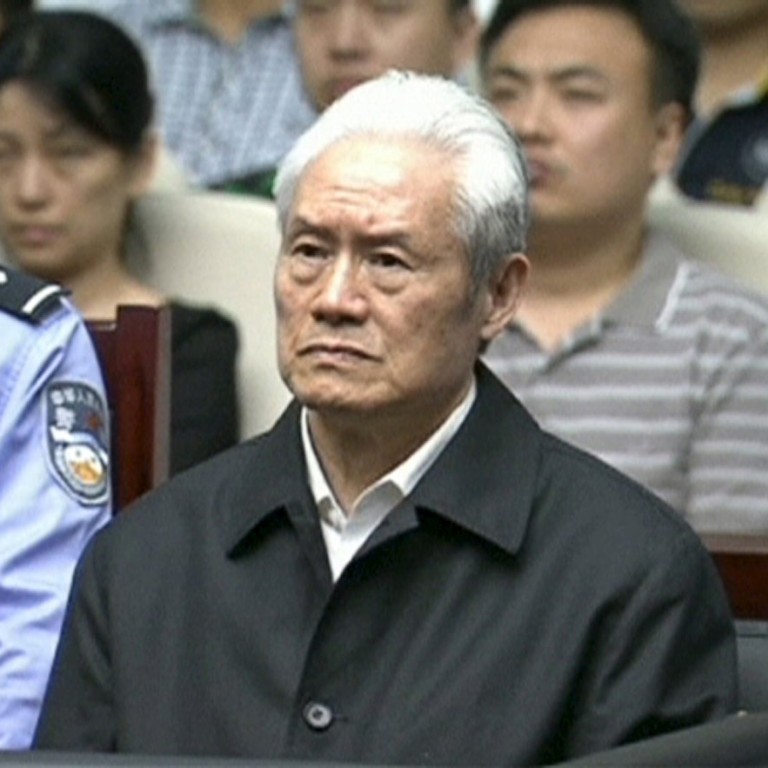
Mainland's anti-corruption drive still has a way to go
There is not usually a lot of edification to be found in the trial of a disgraced member of the Communist Party's inner circle.
There is not usually a lot of edification to be found in the trial of a disgraced member of the Communist Party's inner circle. But there were expectations that the case of former Politburo Standing Committee member Zhou Yongkang might prove an exception. The official line that it showed no one is above the law raised hopes that the trial would be a significant boost to efforts to promote the rule of law on the mainland. Alas, they have been disappointed.
Many people saw a precedent for open justice in the fact that Zhou was the highest official to be put on trial since the Cultural Revolution. They recalled that the trial of the Gang of Four ultra-leftists was televised live and that recently the authorities allowed a delayed internet feed of the sensational corruption trial of Zhou's ally Bo Xilai - seen as a landmark in court openness. Understandably, this gave rise to expectations of at least a degree of transparency in Zhou's trial. After all, the authorities had applied some of the worst labels to the most senior "tiger" taken down by President Xi Jinping's graft-busting campaign, such as party "traitor".
As feared, however, the involvement of state secrets resulted in the trial being held behind closed doors, on May 22. Guilty verdicts along with a life sentence were announced this week. To many legal scholars this is really a step backward for the rule of law. To be sure, given that Zhou is a former supremo of the state security apparatus, there may have been grounds for concern about airing of state secrets, although the real concern may have been the risk of embarrassment to the leadership.
It seems the trial was also notable for the absence of any mention of a number of people publicly implicated in the investigation of Zhou. This has fed speculation whether the conclusion of the highest-profile case yet will have any effect on the momentum of the anti-corruption campaign. This seems unlikely, given that much work remains to be done in the military and other sectors.
However, another reason for speculation about the campaign's future direction is that it is bound to be a topic at the annual summer summit of mainland leaders at the Hebei resort of Beidaihe in August. After more than two years of essentially treating the symptoms of corruption, there is an argument for a shift of emphasis to treat the causes, for example by introducing more legal checks and balances on the exercise of power and improving transparency.

